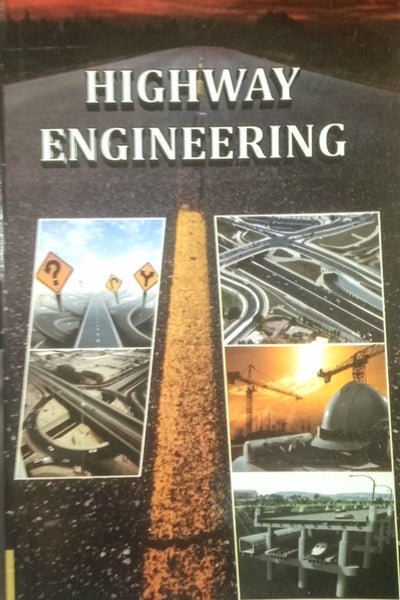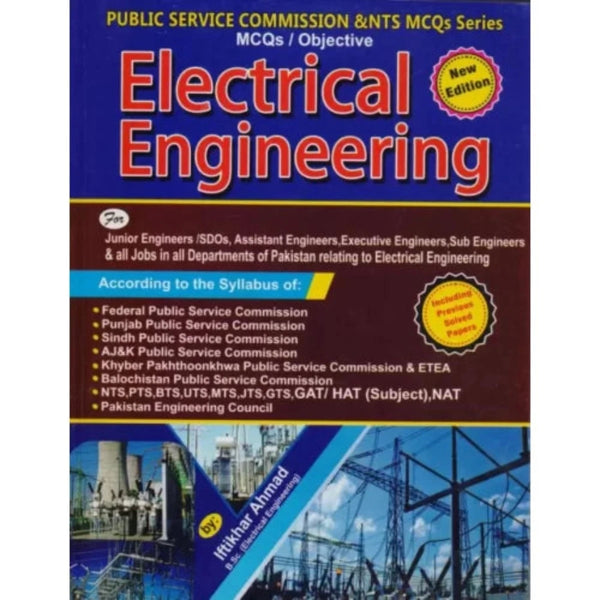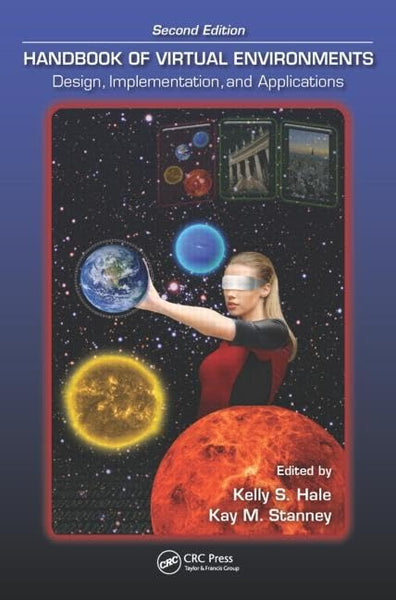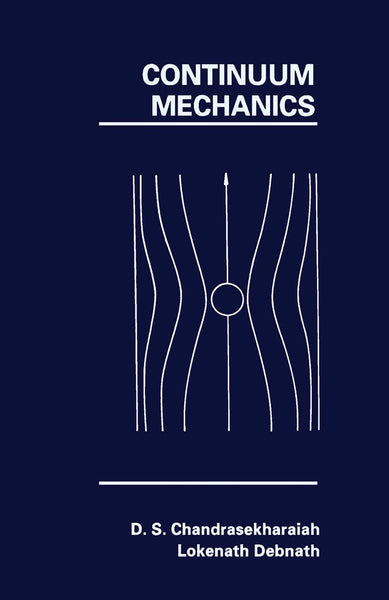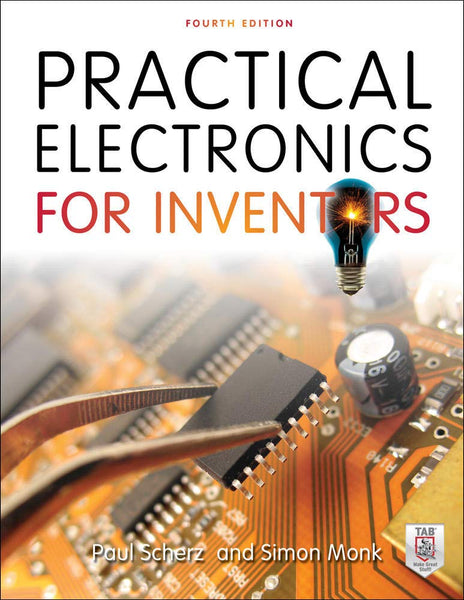Water Power Engineering by RK Sharma & TK Sharma is a comprehensive guide to understanding the principles and applications of water power engineering. The textbook covers a wide range of topics related to the utilization of water resources for power generation, including hydropower plants, turbines, dams, and environmental considerations. With a focus on both theoretical concepts and practical applications, this textbook serves as an essential resource for students and professionals in the field of water power engineering.
-
Hydrological Cycle: Discusses the hydrological cycle and its significance in water power engineering, emphasizing the importance of understanding precipitation, evaporation, and runoff patterns for effective water resource management.
-
Hydroelectric Power Generation: Explores the principles of hydroelectric power generation, including different types of hydropower plants such as run-of-river, reservoir, and pumped storage plants, along with their advantages and limitations.
-
Hydraulic Turbines: Provides an in-depth analysis of hydraulic turbines used in hydropower plants, covering various types such as Pelton, Francis, and Kaplan turbines, their operating principles, and performance characteristics.
-
Dam Engineering: Examines the design, construction, and maintenance of dams for water storage and hydropower generation purposes, highlighting safety considerations, environmental impacts, and rehabilitation measures.
-
Environmental Impact Assessment: Addresses the environmental impacts of hydropower projects, including habitat alteration, water quality changes, and socio-economic implications, and discusses strategies for mitigating adverse effects.
-
Hydrological Data Analysis: Introduces techniques for hydrological data analysis, including rainfall-runoff modeling, flow duration curve analysis, and flood frequency analysis, to support the planning and design of hydropower projects.
-
Water Conveyance Systems: Describes the design and operation of water conveyance systems such as penstocks, canals, and tunnels used to transport water from reservoirs to turbines in hydropower plants, emphasizing efficiency and reliability.
-
Powerhouse Components: Covers the components of hydropower plant powerhouses, including turbines, generators, transformers, and control systems, and discusses their design, installation, and maintenance requirements.
-
Hydropower Economics: Explores the economic aspects of hydropower projects, including cost estimation, financial analysis, and project evaluation criteria, to assess the feasibility and profitability of investments in water power engineering.
-
Renewable Energy Integration: Examines the integration of hydropower with other renewable energy sources and the electricity grid, discussing concepts such as hybrid power systems, energy storage, and grid stability enhancement.
Water Power Engineering by RK Sharma & TK Sharma serves as a comprehensive resource for students and professionals seeking to gain a deeper understanding of the principles, technologies, and applications of water power engineering. With its emphasis on both theoretical concepts and practical considerations, this textbook equips readers with the knowledge and skills needed to contribute effectively to the sustainable development of water resources for power generation purposes.




